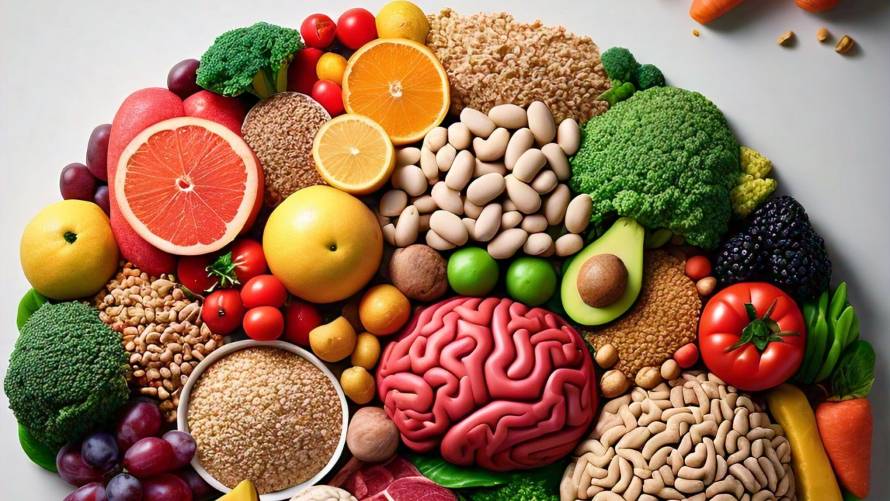Estrogen produced within the brain itself may hold the key to controlling appetite and fighting obesity, according to groundbreaking research from Japanese scientists that challenges conventional understanding of this crucial hormone.
While most associate estrogen with reproduction and ovarian function, researchers have discovered it’s also synthesized directly in the brain through an enzyme called aromatase. This locally-produced “neuroestrogen” appears to play a direct role in regulating appetite by enhancing the expression of key receptors involved in hunger control.
“It is well known that MC4R (melanocortin-4 receptor) is an important receptor in the brain that regulates food intake,” explains lead author Takanori Hayashi, Associate Professor at Fujita Health University School of Medicine, Japan.
When aromatase function was reactivated specifically in the brains of mice that otherwise couldn’t produce estrogen, the animals ate significantly less food compared to their counterparts with no aromatase. These brain-restored mice also showed markedly increased expression of MC4R in the hypothalamus, the brain region central to appetite regulation.
The research team, led by Dr. Hayashi and Dr. Eiji Nishio in collaboration with Chiba University and Fukuoka University, published their findings in The FEBS Journal on February 18, 2025.
To investigate neuroestrogen’s specific effects, the scientists employed several specialized mouse models. They compared mice lacking ovaries (OVX), mice lacking the aromatase enzyme entirely (ArKO), and a specially engineered strain where aromatase function was restored only in the brain (BrTG-ArKO).
The results were striking. When aromatase function was reactivated specifically in the brains of mice that otherwise couldn’t produce estrogen, the animals ate significantly less food compared to their counterparts with no aromatase. These brain-restored mice also showed markedly increased expression of MC4R in the hypothalamus, the brain region central to appetite regulation.
This pattern held true across multiple experimental setups. Mice lacking either ovaries or aromatase showed increased body weight and food consumption compared to normal mice. The researchers observed that restoring just the brain’s ability to produce estrogen could reverse these effects on appetite.
Beyond its direct effects on hunger regulation, the study revealed another fascinating mechanism: neuroestrogen appears to enhance the brain’s responsiveness to leptin, a hormone produced by fat cells that helps signal fullness.
“We observed that the mice with restored neuroestrogen responded more effectively to leptin treatment,” explains Dr. Hayashi. “This may be because neuroestrogen enhances the body’s natural appetite-suppressing mechanisms.”
To confirm their findings at the cellular level, the researchers conducted additional experiments showing that neuroestrogen directly increases MC4R levels in hypothalamic neurons. This provides compelling evidence that the appetite-suppressing effects are locally mediated within the brain, rather than dependent on estrogen from the ovaries.
The implications for obesity treatment could be significant. As global obesity rates continue to climb and many conventional weight loss treatments show limited long-term success, targeting the brain’s own hormonal systems offers a promising new approach.
The findings may be particularly relevant for understanding weight fluctuations related to hormonal changes in women, including those associated with menopause, when natural estrogen production declines.
Celebrating their discovery, Dr. Hayashi remarks, “With its newly discovered role, neuroestrogen could be a game-changer in controlling appetite and tackling obesity!”
By uncovering how neuroestrogen interacts with other appetite-regulating systems in the brain, researchers hope to develop innovative treatments that address hunger at its neurological source, potentially opening new avenues for managing obesity and related metabolic disorders.
If our reporting has informed or inspired you, please consider making a donation. Every contribution, no matter the size, empowers us to continue delivering accurate, engaging, and trustworthy science and medical news. Independent journalism requires time, effort, and resources—your support ensures we can keep uncovering the stories that matter most to you.
Join us in making knowledge accessible and impactful. Thank you for standing with us!

